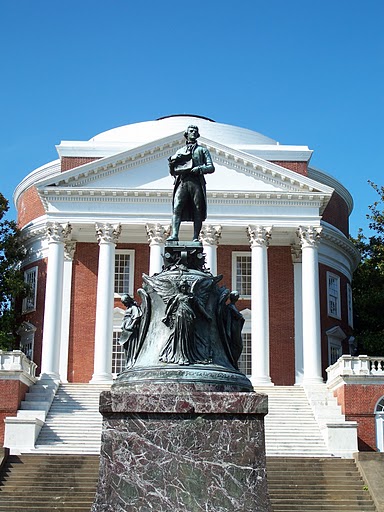By Jeremy Dibbell
We hope you’ll join us at 1154 Boylston for this week’s public programs:
On Tuesday, 8 June, Leo Damrosch, the Ernest Bernbaum Professor of Literature at Harvard University, will speak on his new book Tocqueville’s Discovery of America, recently published by Farrar, Straus and Giroux. Refreshments will be served at 5:30 p.m., and the talk will begin at 6 p.m. Reservations for this event are requested; please go here for more information and to sign up.
On Wednesday, 9 June, we’ll have a brown-bag lunch with Jim Downs of Connecticut College. His talk is titled “Sick from Freedom: The Unintended Consequences of the Civil War.” The discussion will begin at 12 noon. More info here.
And on Friday, 11 June, also beginning at noon, there will be another brown-bag lunch, this one with Jan Cigliano of Brown University. Jan will speak on “John Hay, Genius of Diplomacy (1838-1905).”


 Your regular blog-correspondent will be away from 1154 Boylston Street for the next two weeks, taking part in a fellowship at
Your regular blog-correspondent will be away from 1154 Boylston Street for the next two weeks, taking part in a fellowship at